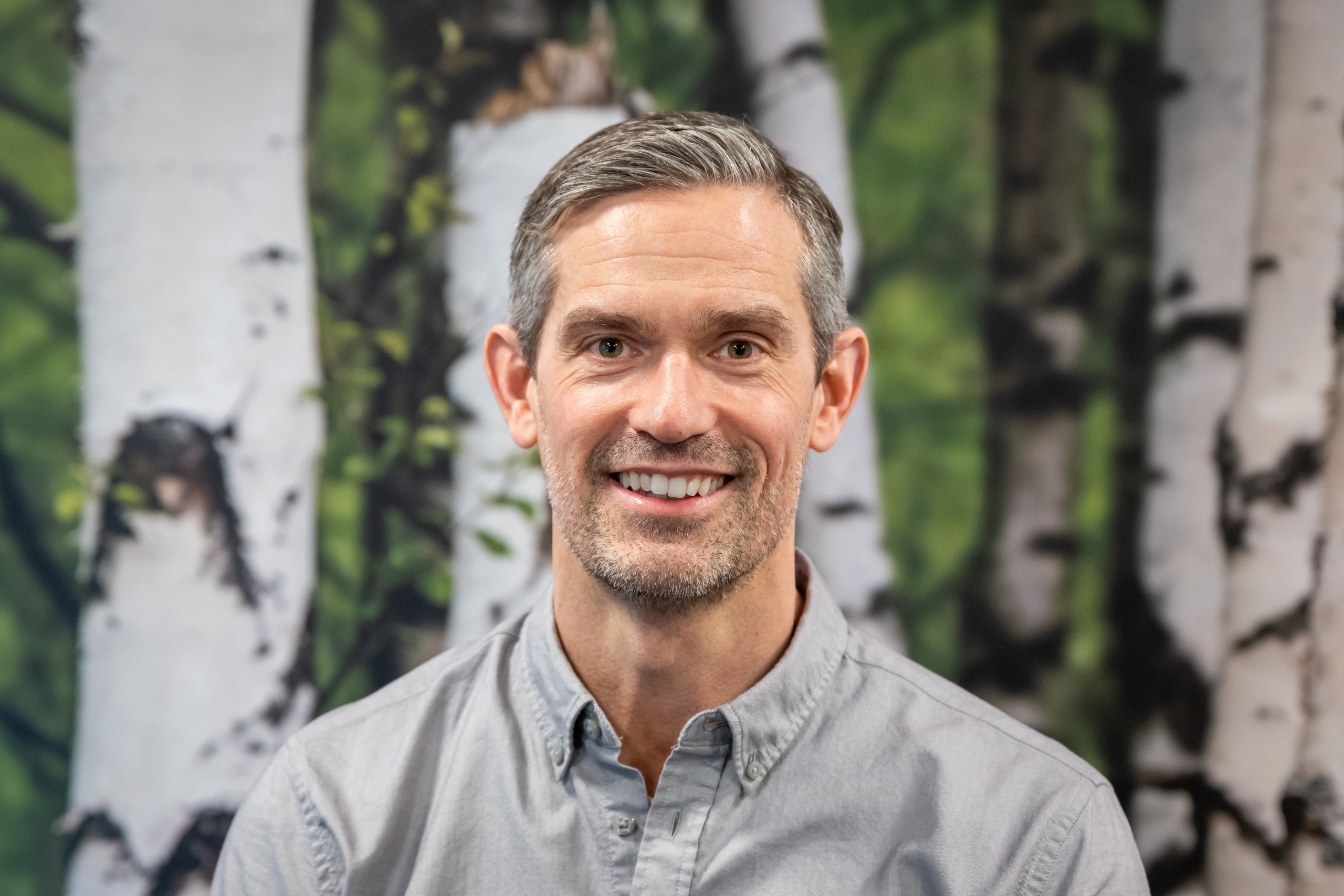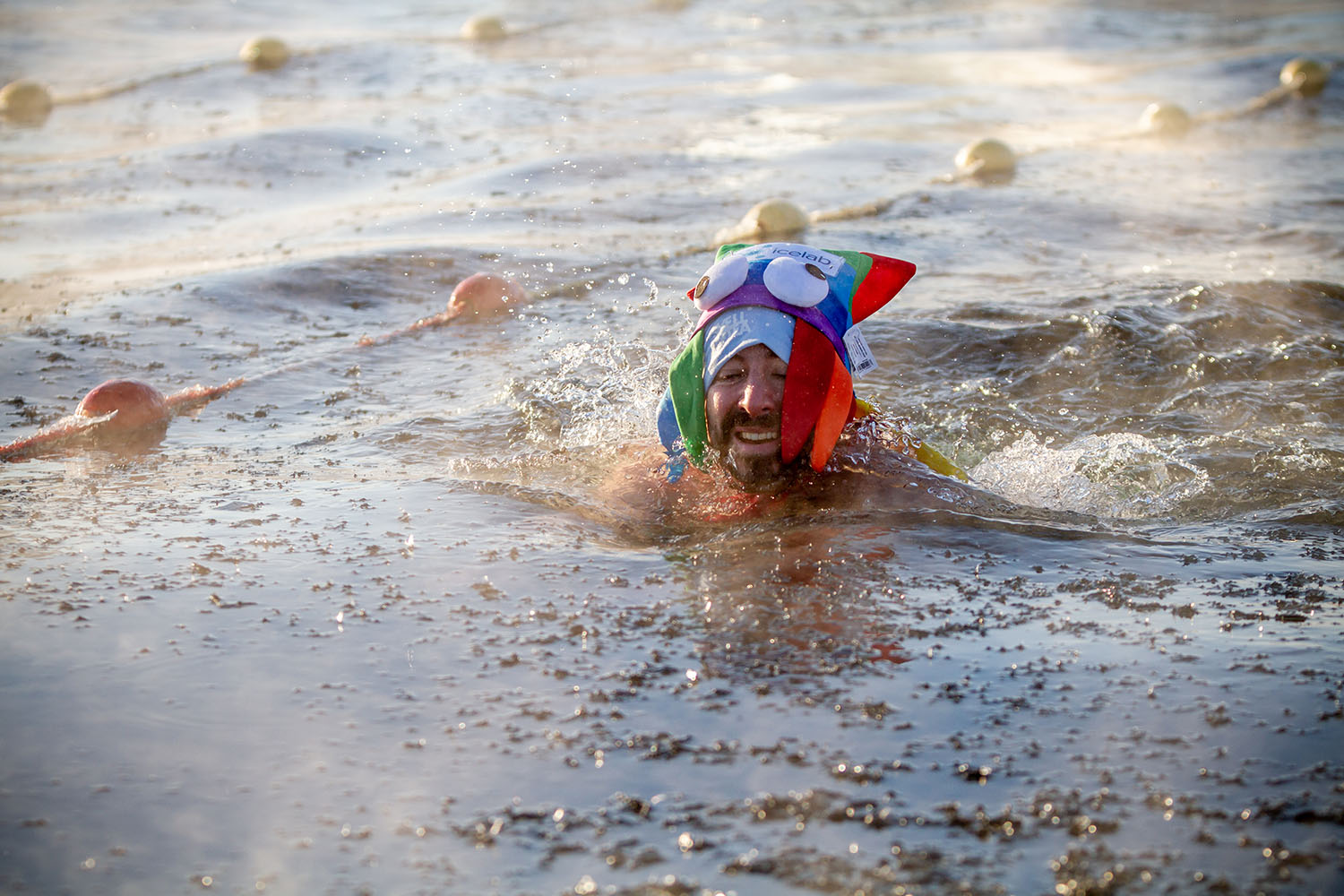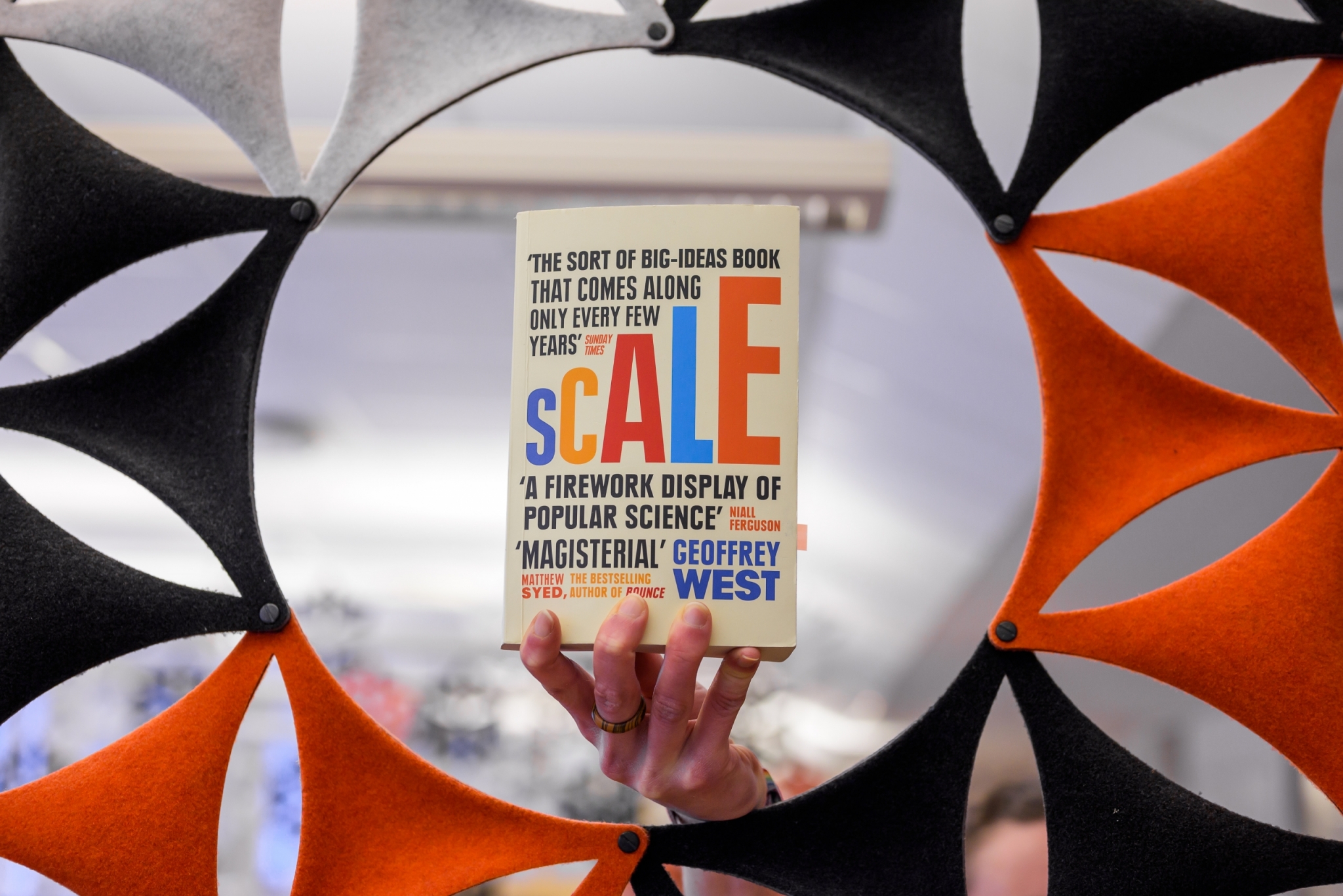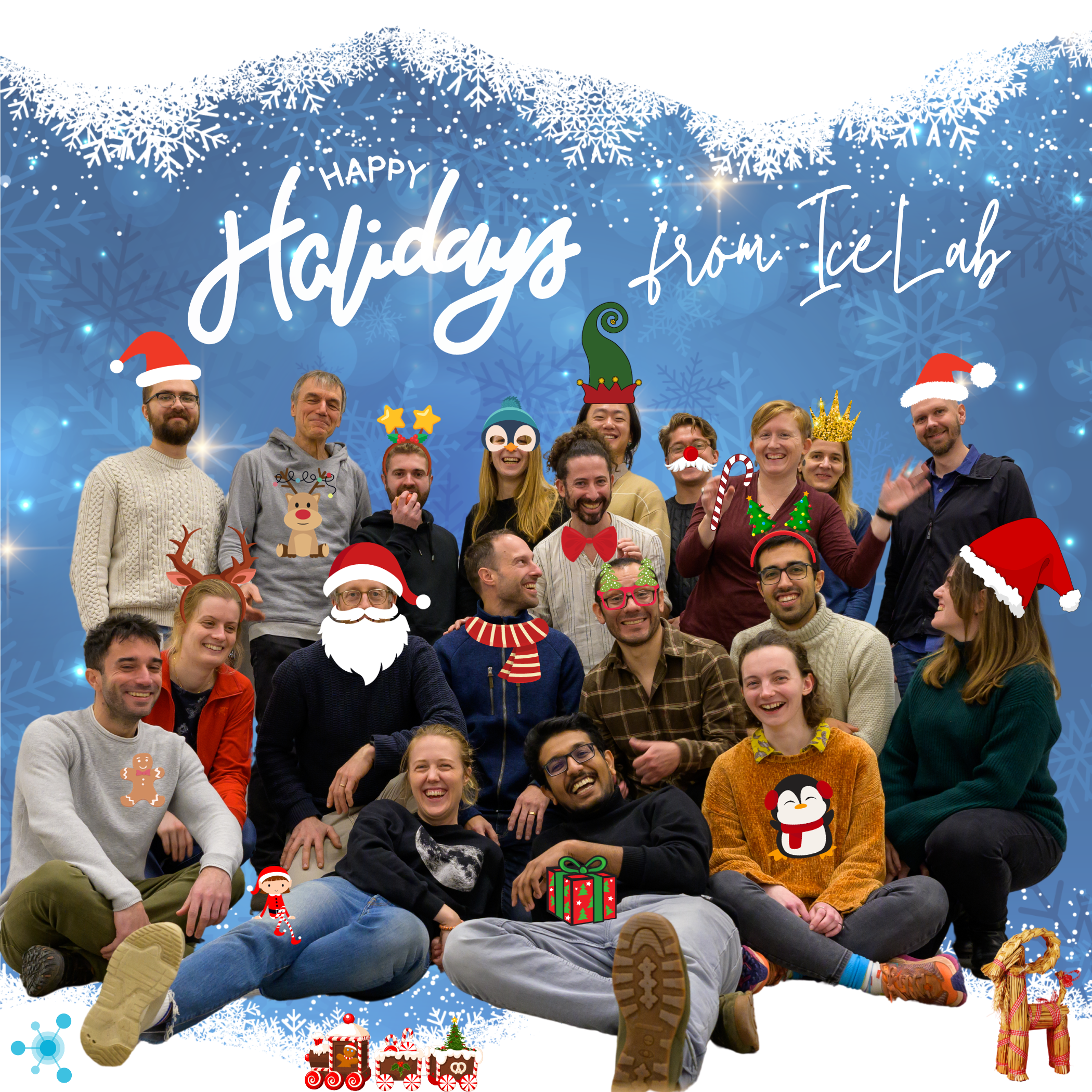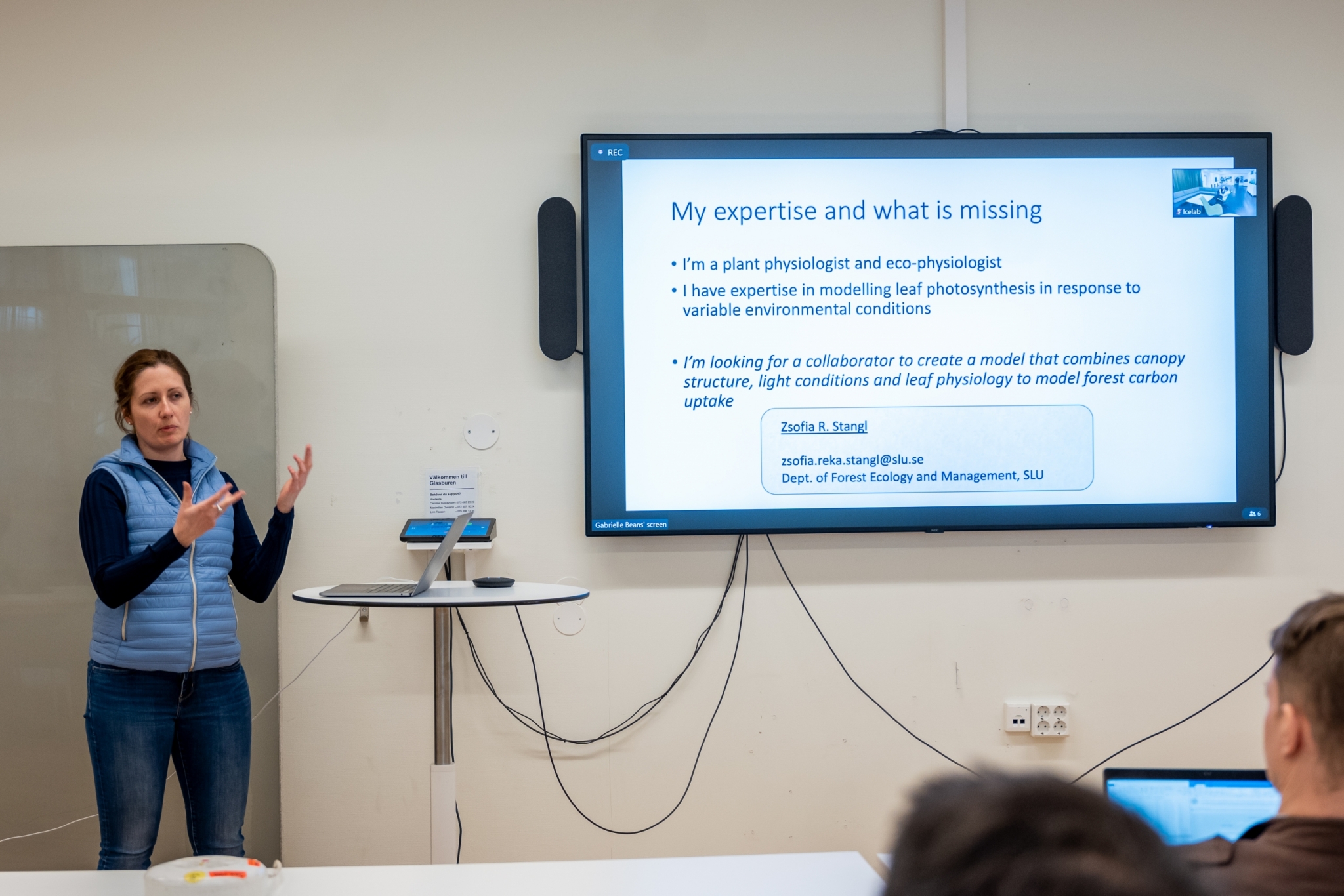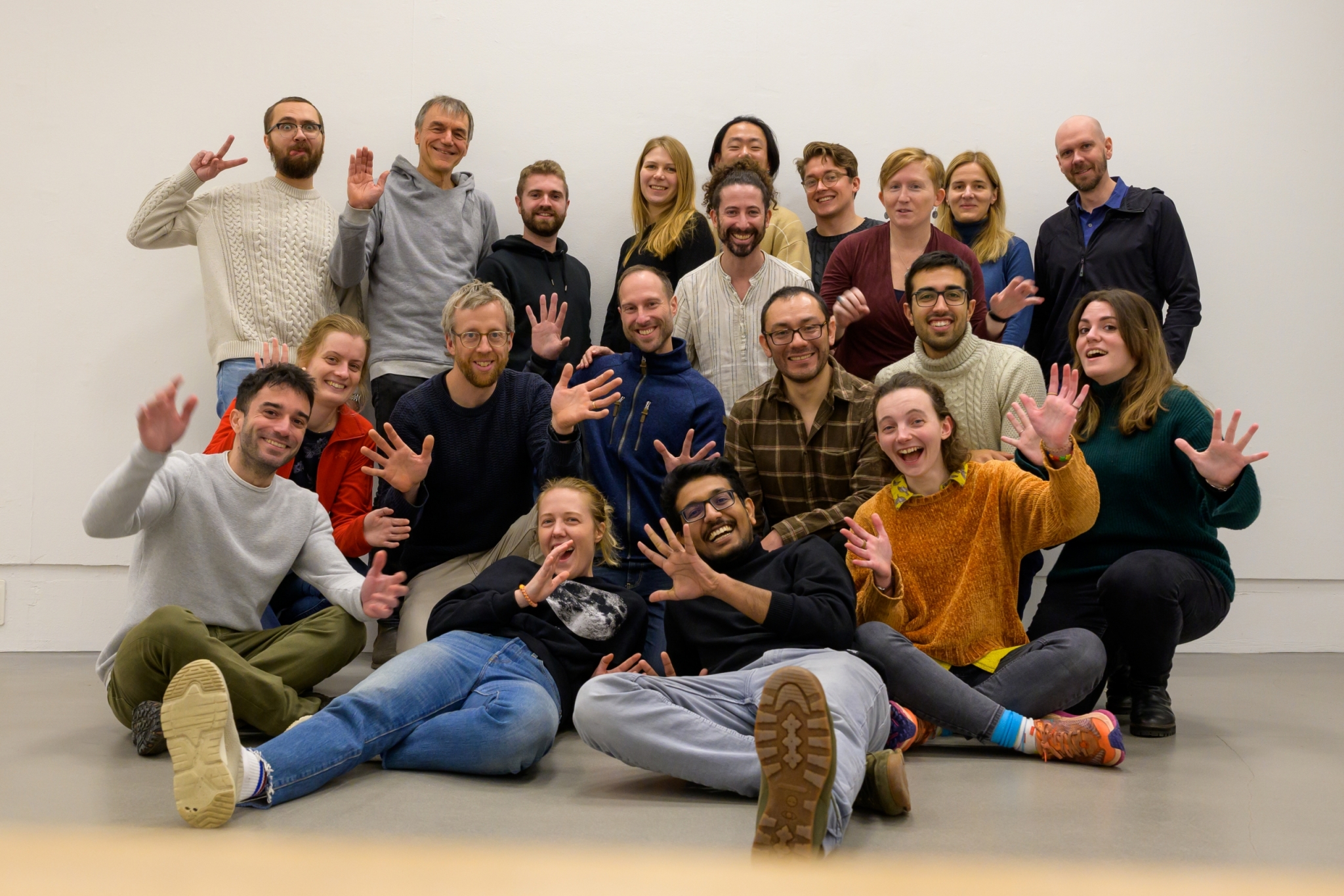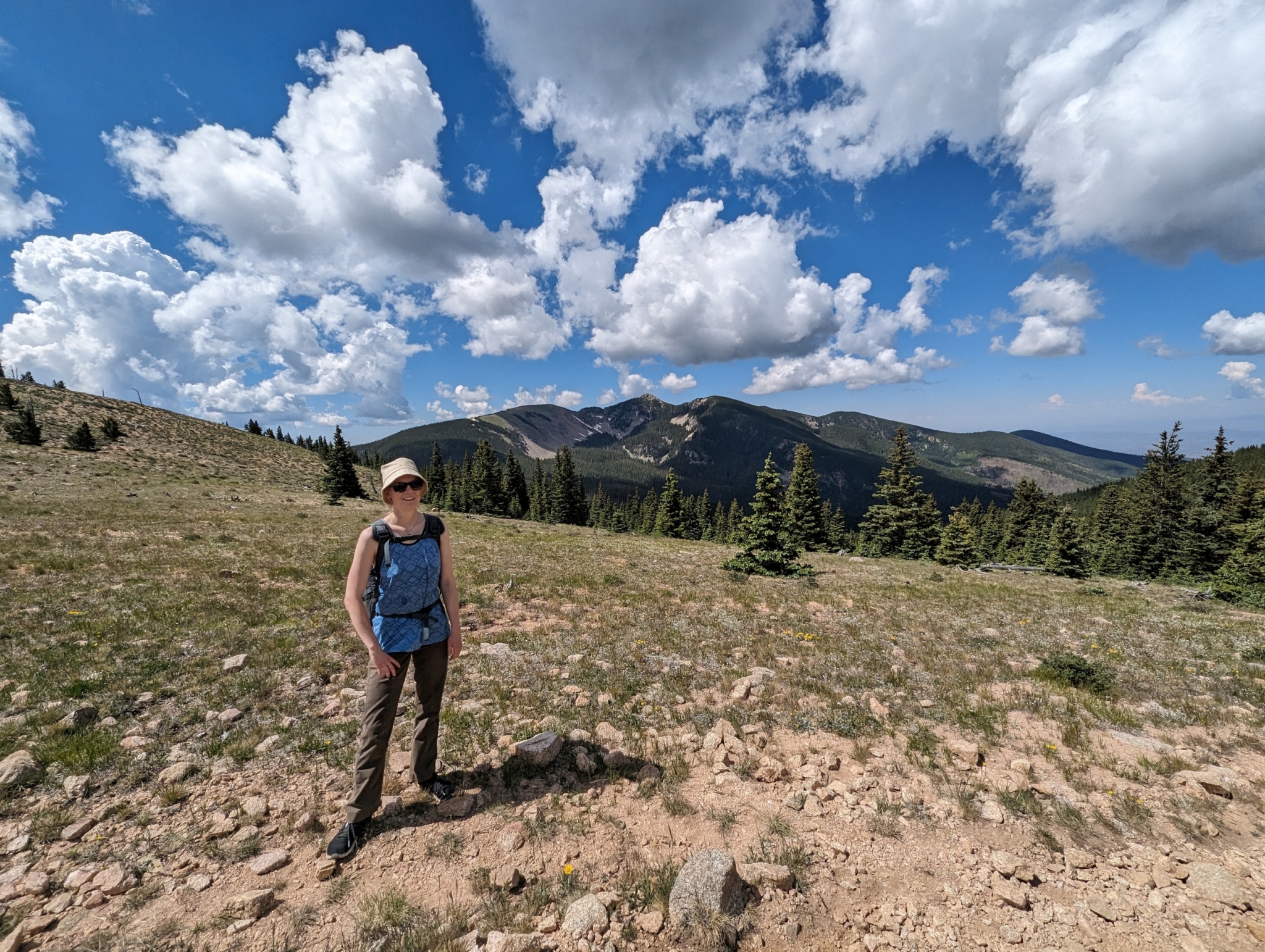Profile
Magnus is a physicist working at the border of physics, chemistry, and biology. He is the head of the Biophysics and Biophotonics group located at the Department of Physics at Umeå University. For 20 years, he has developed optical tweezers tools that are used to study biophysical and physicochemical properties of cells, bacteria, and spores on the single-cell level. Using in-house designed optical tweezers, the group is experts on force measurements and micro-Raman spectroscopy. Of special interest is single molecule/organelle force measurements that provide information on how bacteria can attach to surfaces and vibration spectroscopy to measure the chemical content of spores.
Magnus’s research also aims to develop image-processing algorithms and software development for tracking organisms. And, to confine organisms, the group develop microfluidic systems using 3D-printing technology.
Current Projects
The Latest Posts
This Icelabber hasn’t posted yet, but read these while you wait for the first post.

